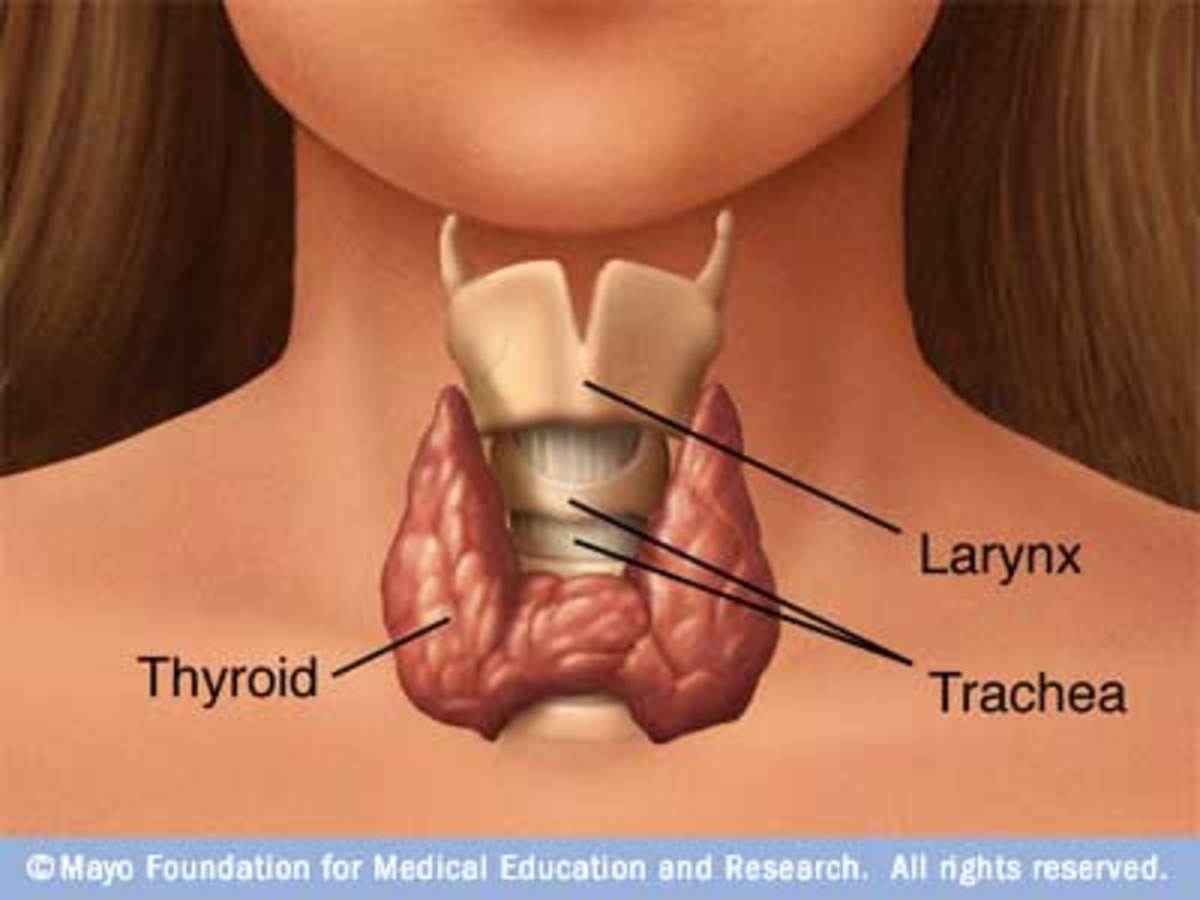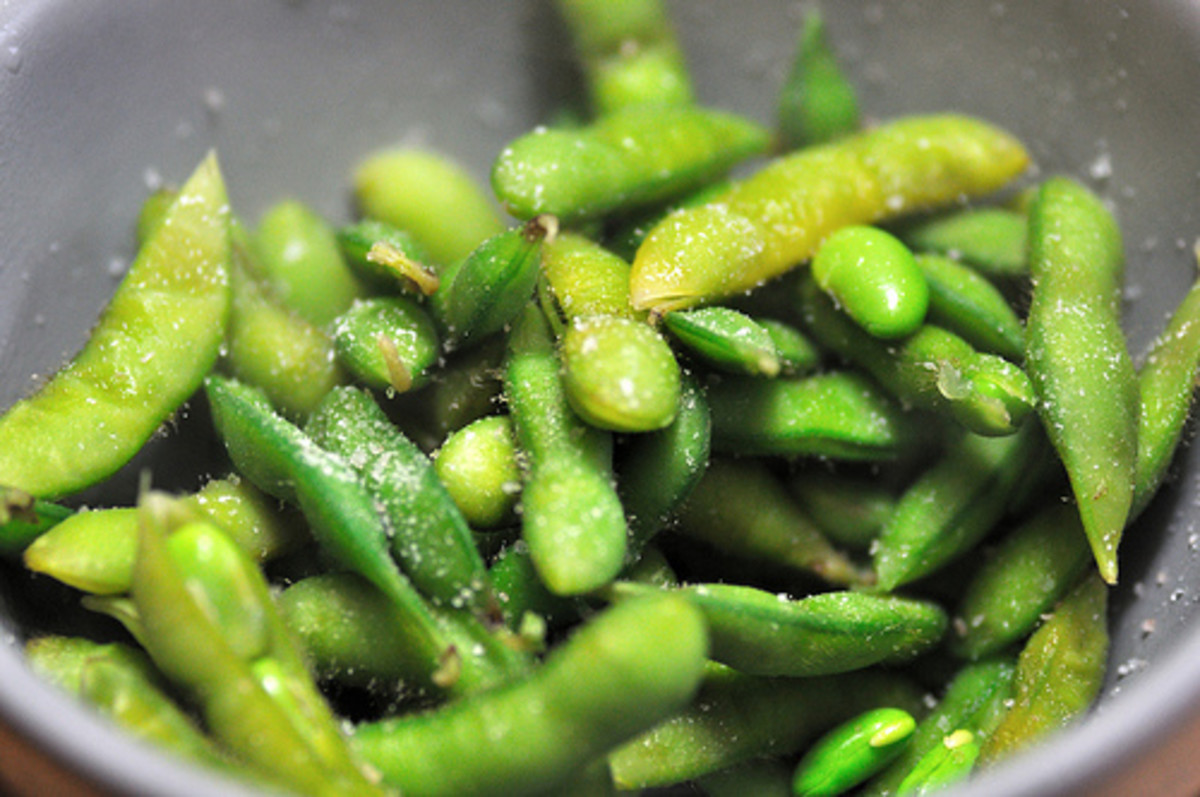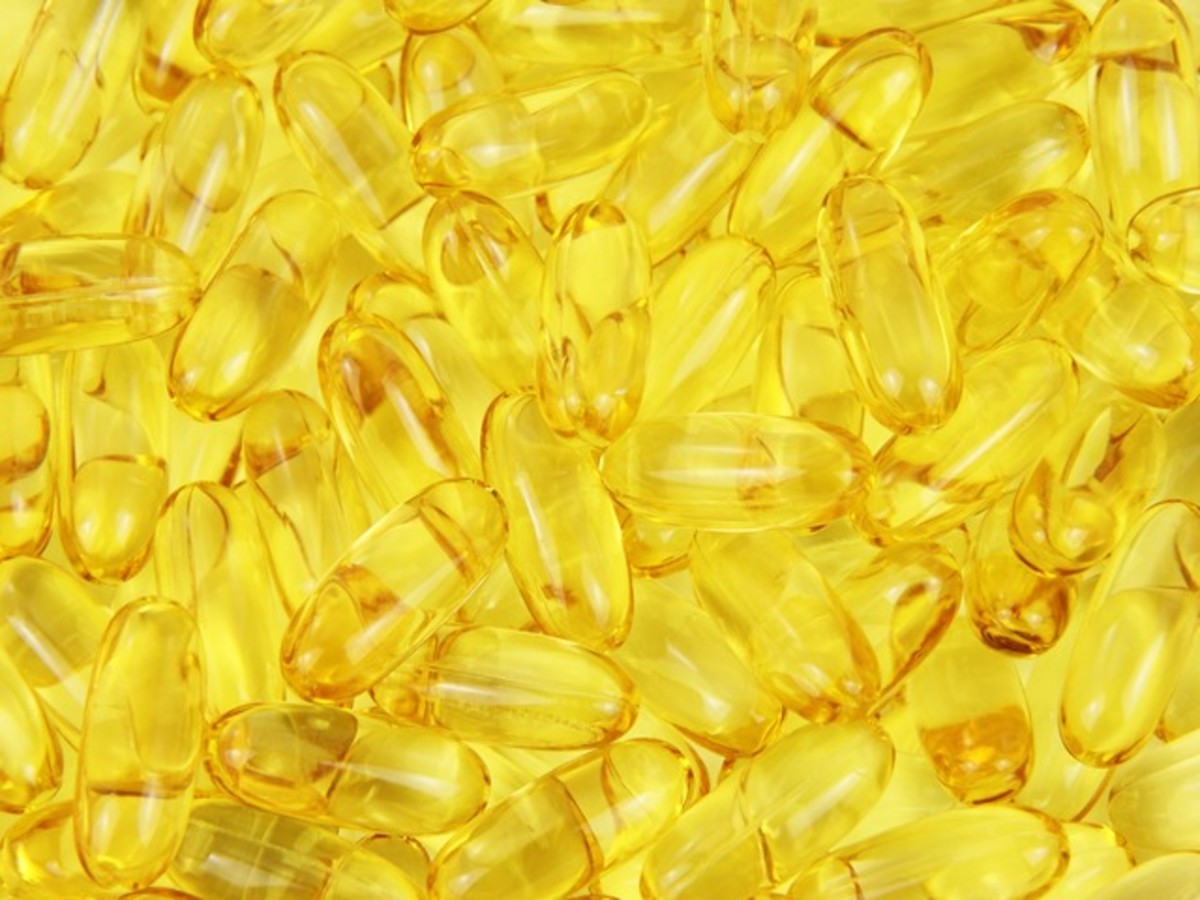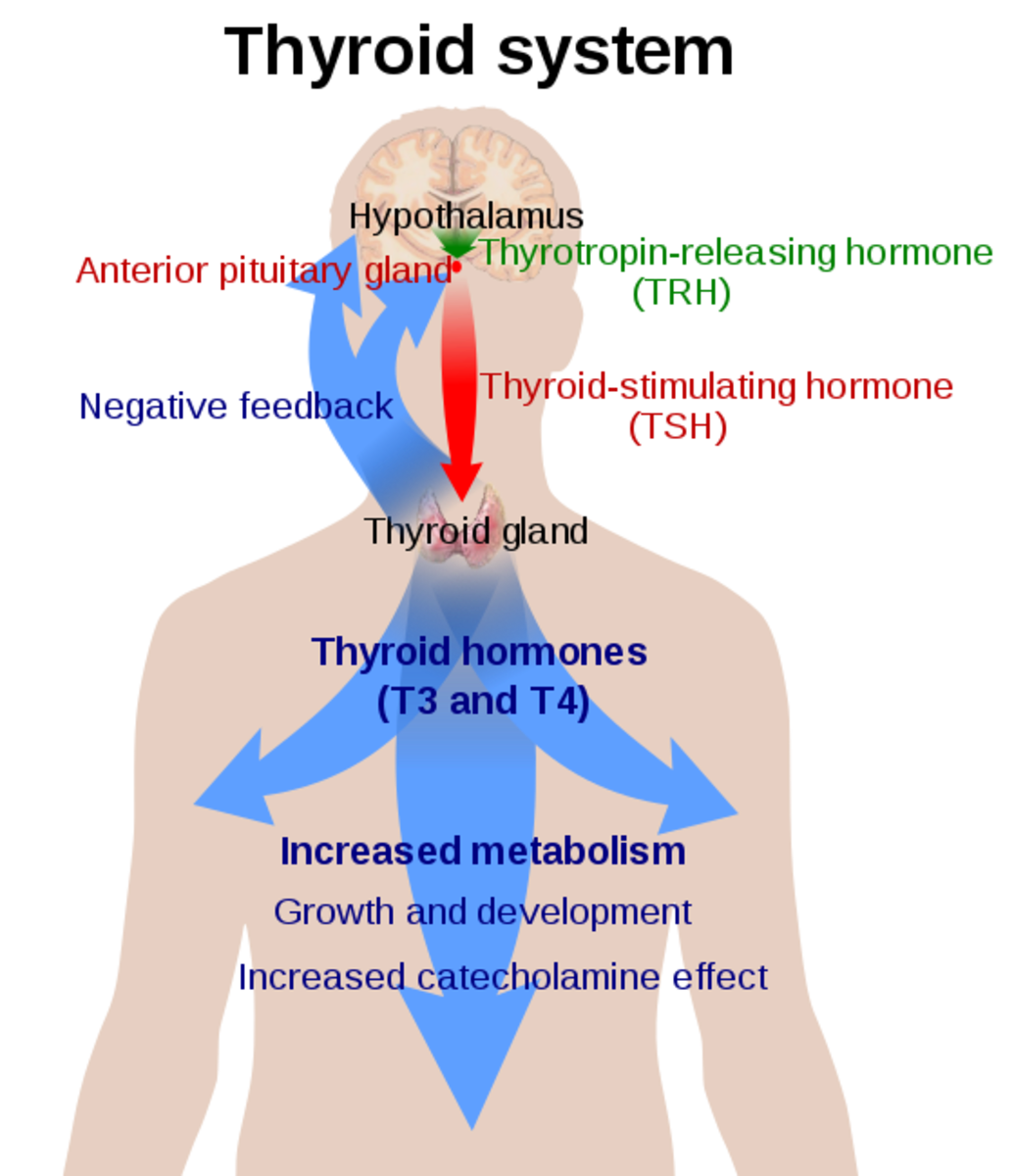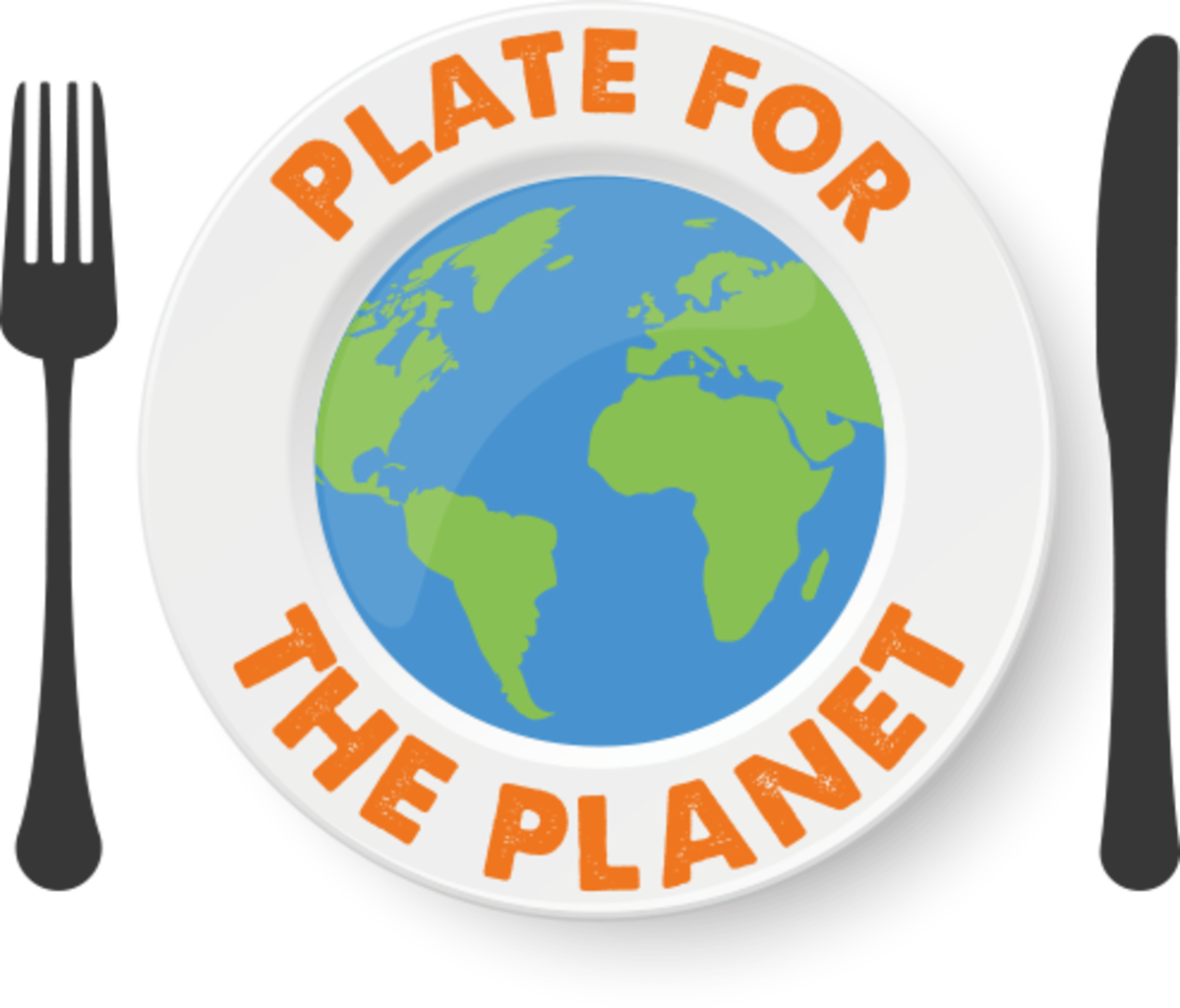Food for the Heart: Kelp
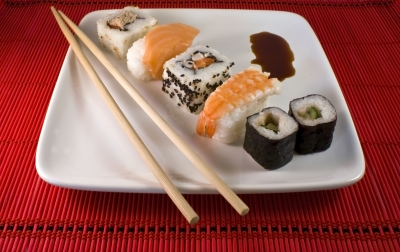
Copyright 2011 - Kris Heeter, Ph.D.
Seaweed is probably not one of the main staples in your pantry -- but, perhaps it should be.
While seaweed may not have yet made it on to one of the latest "superfoods" lists floating around the internet, it has certainly become noteworthy and recent research suggests that it may be a nutritious gem that many of us have been overlooking.
Seaweed as a food for heart health
Kelp has been found to be an untapped source of proteins and lipids that are healthy for the heart.
In a 2011 review of over a 100 research studies published in The Journal of Agricultural and Food Chemistry, it was found found that some of the proteins in seaweed work in a similar fashion to the proteins in milk products - the same proteins that have been shown to reduce blood pressure.
These proteins, once broken down into smaller proteins that are called "bioactive peptides". Some of these little peptides that are found in seaweed act in a similar fashion to the popular ACE inhibitor drugs.
Along with the ACE inhibitor-like activity, seaweed is loaded with antioxidants (cancer-fighting molecules) and healthy lipids (essential fatty acids). These healthy lipids have been reported to be important essential fatty acids linked to a reduced risk of atherosclerosis and thrombosis.
These proteins and essential fatty acids in seaweed bump this ocean dwelling plant up on the list of good food sources for reducing the risk of heart disease.
Kelp also benefits the thyroid gland
In addition to having heart healthy benefits, kelp benefits the thyroid gland.
Iodine deficiency is one of the leading causes of hypothyroidism. Iodine is needed by the thyroid gland to produce thyroid hormones.
Kelp is a good source of iodine and has been used as a natural food to supplement thyroid function.
Seaweed - the name game
"Seaweed" has several different names depending on where you are in the world...
* aka Kelp in North America
* aka Nori in Japan
* aka Dulse in coastal Europe
* aka Limu Palahalaha in Hawaii
And, while it's has not been a popular staple here in the U.S., it has been used in worldwide cuisine for hundreds of years.
Seaweed soup coming to your grocer's shelves?
Will we be seeing seaweed as a common staple in U.S. "big box" grocery stores in the near future?
Most likely not.
However, one can easily find seaweed at specialty stores and it can be ordered online. Normally it is sold dehydrated or as flakes. Given the recent research showing the heart healthy benefits, don't be surprised to see seaweed or it's isolated bioactive proteins showing up in the ingredient list of processed foods in the future.
Seaweed is being actively pursued as a source of compounds to create "functional foods". Engineered functional foods are becoming more mainstream - foods or beverages that are created to provide nutrients that function to help prevent or combat disease. A group of scientists at Teagasc (The Irish Agriculture and Food Development Authority) are looking at ways to use seaweed as functional food ingredients in things like soups and breads.
Ready to try it?
Those of us in the U.S. can still access this fantastic food source several ways: eating sushi that's been wrapped with seaweed or using dulse flakes in dishes. Dulse flakes can be used as a salt substitute in some recipes. For example, cooking black beans with dulse flakes gives them a richer flavor.
Here are some other options:
Kale with Seaweed, Ginger and Sesame
References
Fitzgerald et al., 2001. Heart Health Peptides from Macroalgae and Their Potential Use in Functional Foods. Journal of Agricultural and Food Chemistry; 59 (13): 6829 DOI: 10.1021/jf201114d
Wada et al. 2011. Seaweed intake and blood pressure levels in healthy pre-school Japanese children. Nutr J; 10: 83. Published online 2011 August 10. doi: 10.1186/1475-2891-10-83
Clark et al. 2003. Effects of kelp supplementation on thyroid function in euthyroid subjects. Endocr Pract; 9:363-9.

